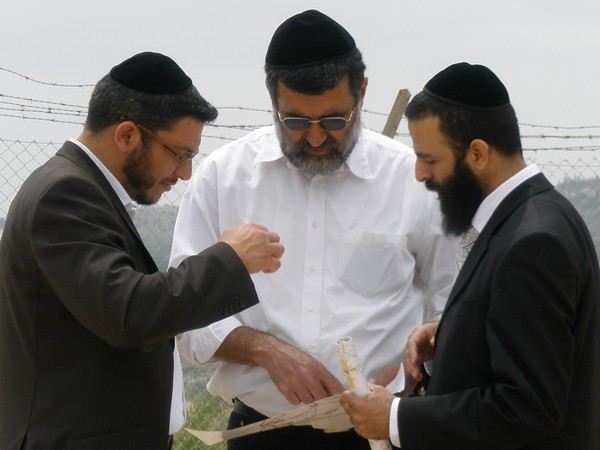‘Base 4 Discussion' engages traditional religious leaders in Israel

The programme in Israel, ‘Base 4 Discussion', is engaging with the traditional religious leaders in an educational programme for Rabbis and social activists.
Supported by the Joint Programme Unit for UN/Interpeace Initiatives (JPU) this project has been prepared in coordination with the political and social leadership of the SHAS movement, a social and political movement of the traditional religious population. The programme has the blessing of Rabbi Ovadia Yosef, and Chief Rabbi Shlomo Amar and the sessions are run in collaboration with the Ono Academic College, a higher education institution that caters for the religious community.
The objective is to develop a clear vision for peace
The overall programme aims to provide the participants with different perspectives relating to peace and development in the region, analyzing different and contrasting positions through bibliographic and video sources, engaging in field visits, and developing a clear strategic vision for peace based upon their social and religious values and principles.
The schedule of trainings
The opening seminar was held on 24-25 September, 2008 and enlisted 18 Rabbis and 33 social activists from this sector of society. Additional seminars have been held in December and then in early January. At this last session 21 Rabbis and 33 social activists participated.
The fourth session will be held this month together with the ‘Geneva Initiative', an Israeli - Palestinian Initiative to end the conflict. There will be a field visit to the separation barrier to allow participants to have first-hand understanding of its implications for the lives for the communities on both sides.
Taking the learnings back to their communities
After the completion of the training, it is planned that participants will use their new skills to replicate the process, allowing larger numbers of local leaders to be exposed to the process of reflection, information and discussion, thus sharing and disseminating their vision for peace.























